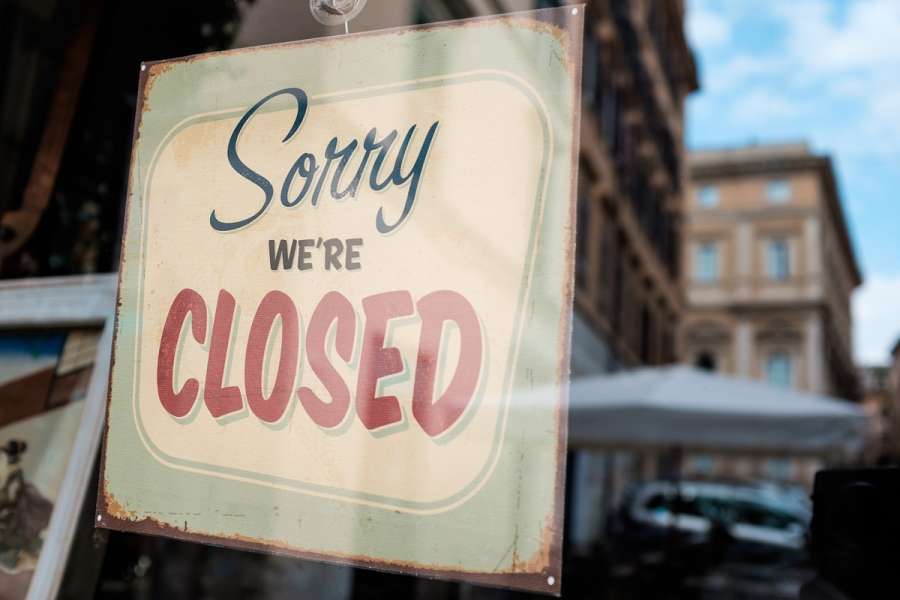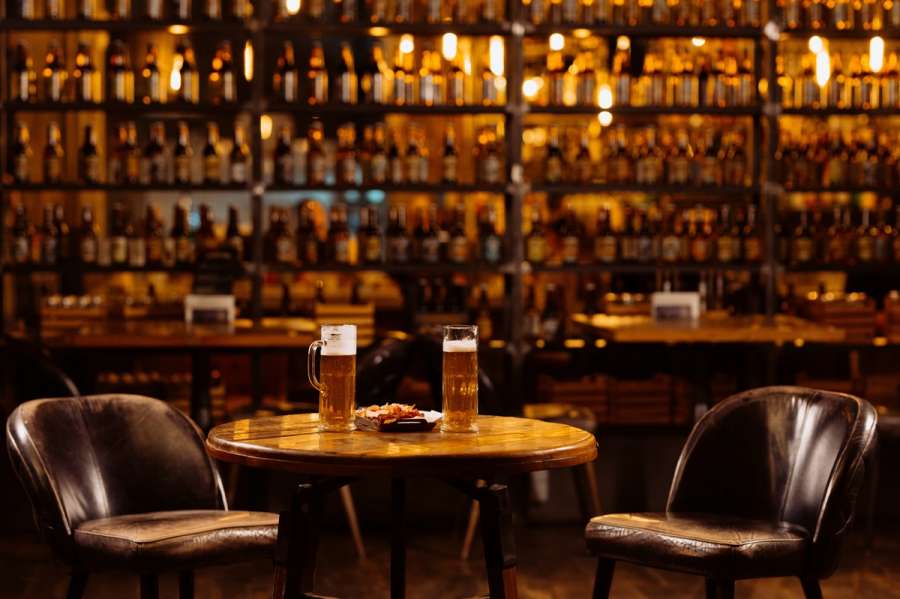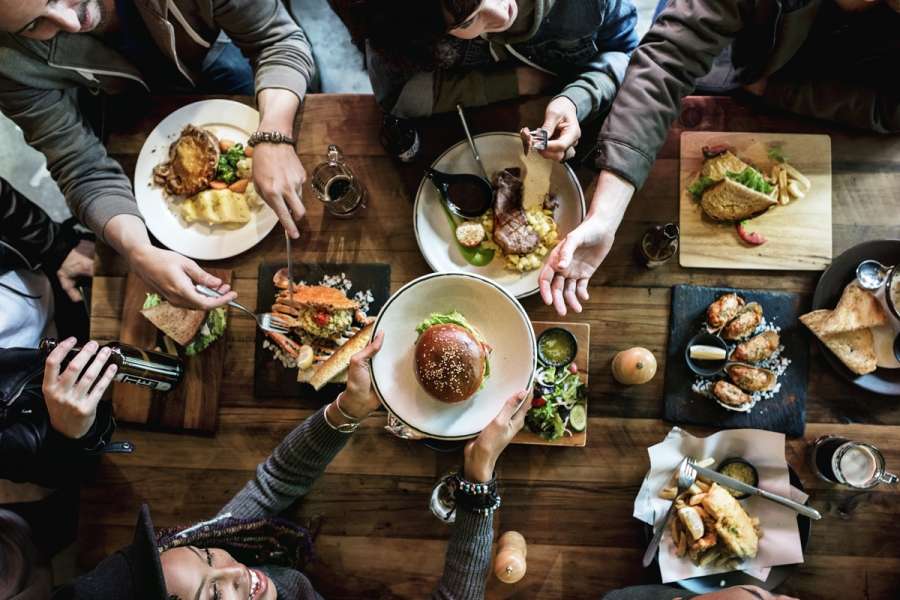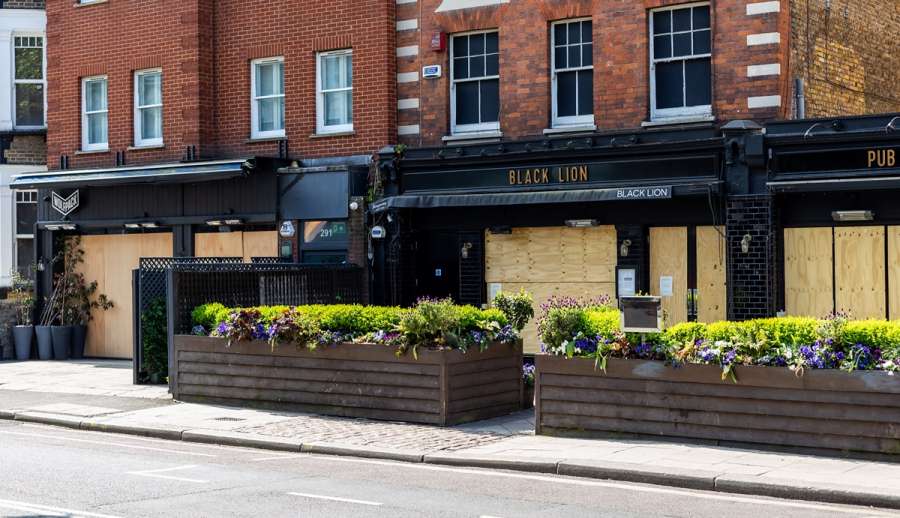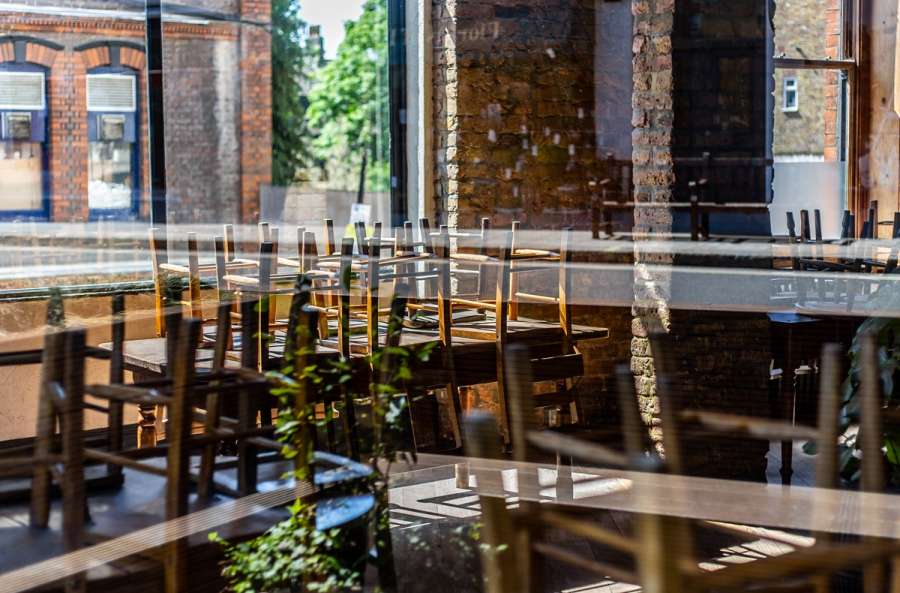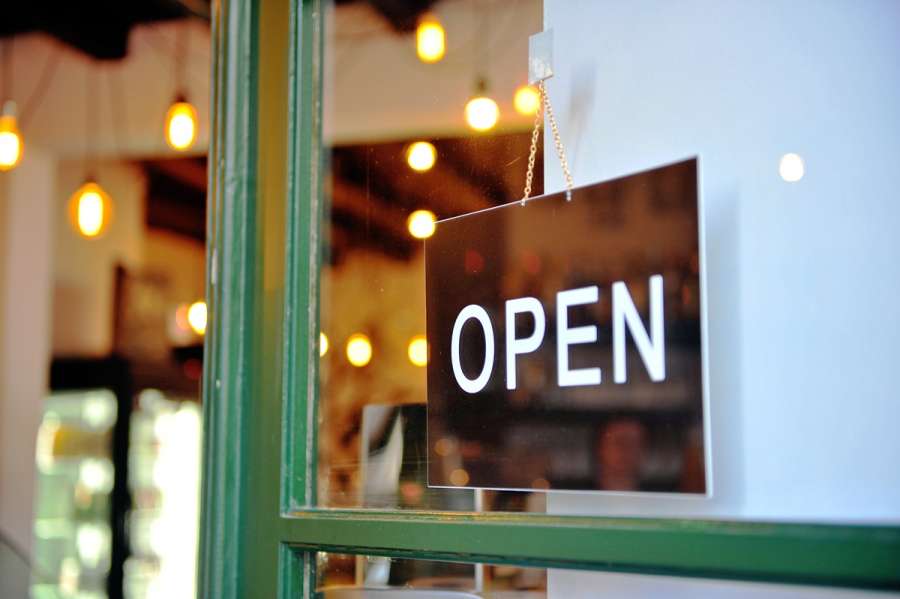New data from commercial real estate analysts Altus Group has revealed that pubs across England and Wales are closing at a rate of two per day.
With a reported 383 pubs having been either demolished or redeveloped during the first half of 2023, pub closure figures are nearly as high as they were in all of 2022.
In fact, many pub owners now consider it harder to run a pub today than during the COVID-19 pandemic, which saw the pub business as an industry amongst the hardest hit by restrictions on socialising.
The increased difficulty is down to sales not increasing to pre-covid levels, whilst overheads have significantly risen.
Myerson’s Hospitality and Leisure team previously explored how the COVID-19 pandemic impacted the hospitality and leisure industry, with a particularly devastating consequence for pubs.
One year later, the industry is facing challenges, and pubs are battling a more rapid closure rate.
The rapid closure rate underscores the need for government support, innovative solutions, and collaborative efforts to safeguard the survival of these beloved institutions and preserve the pub culture in Britain.
In the post below, the team explores why pubs are still suffering a year on, as well as possible remedies and future reforms.
